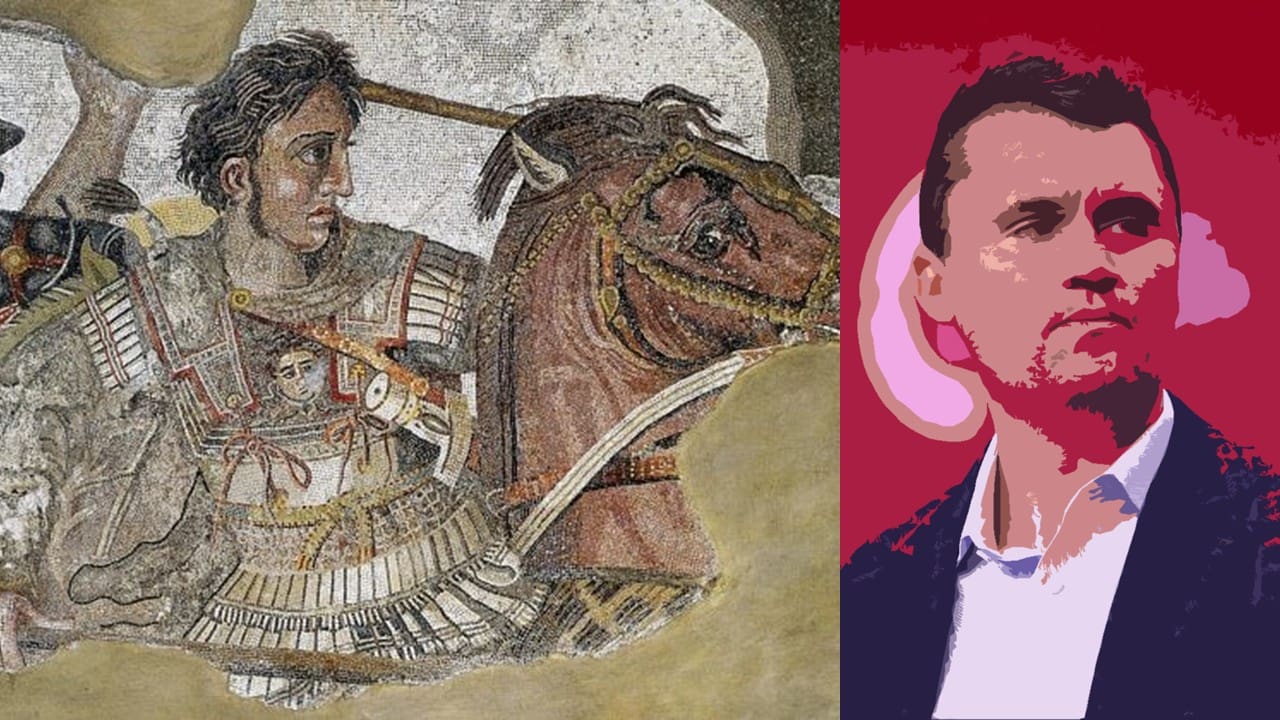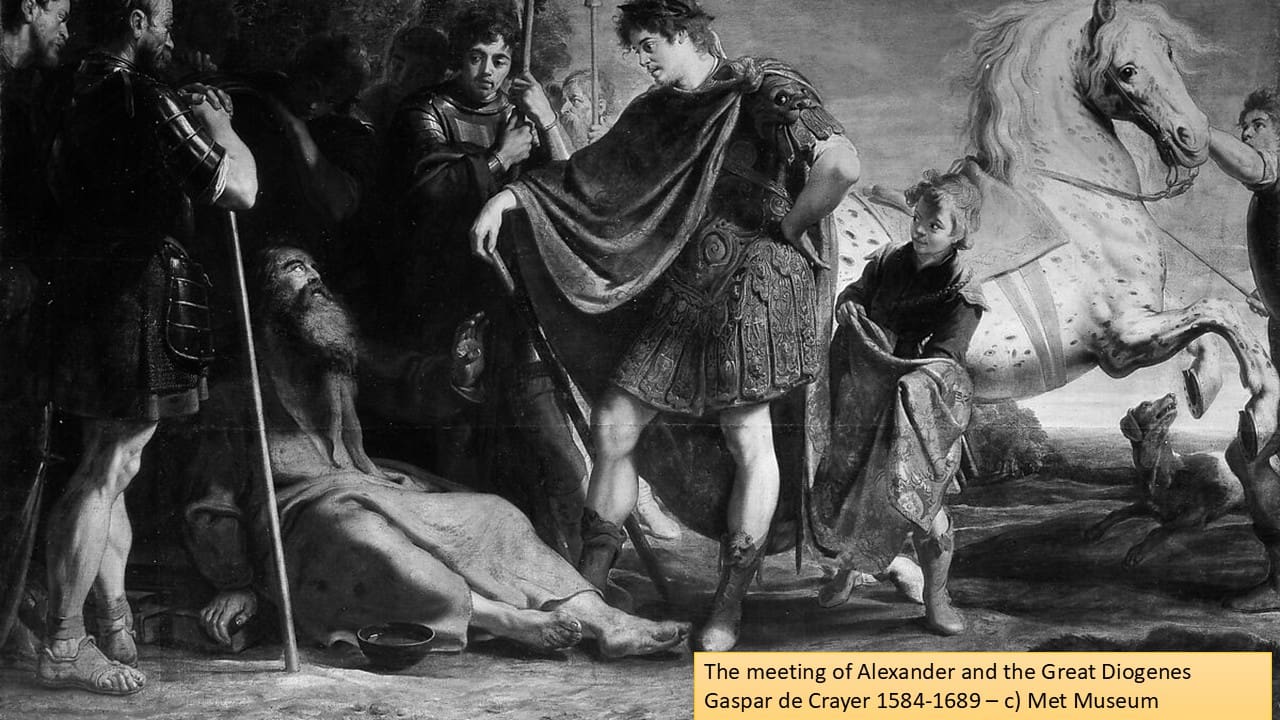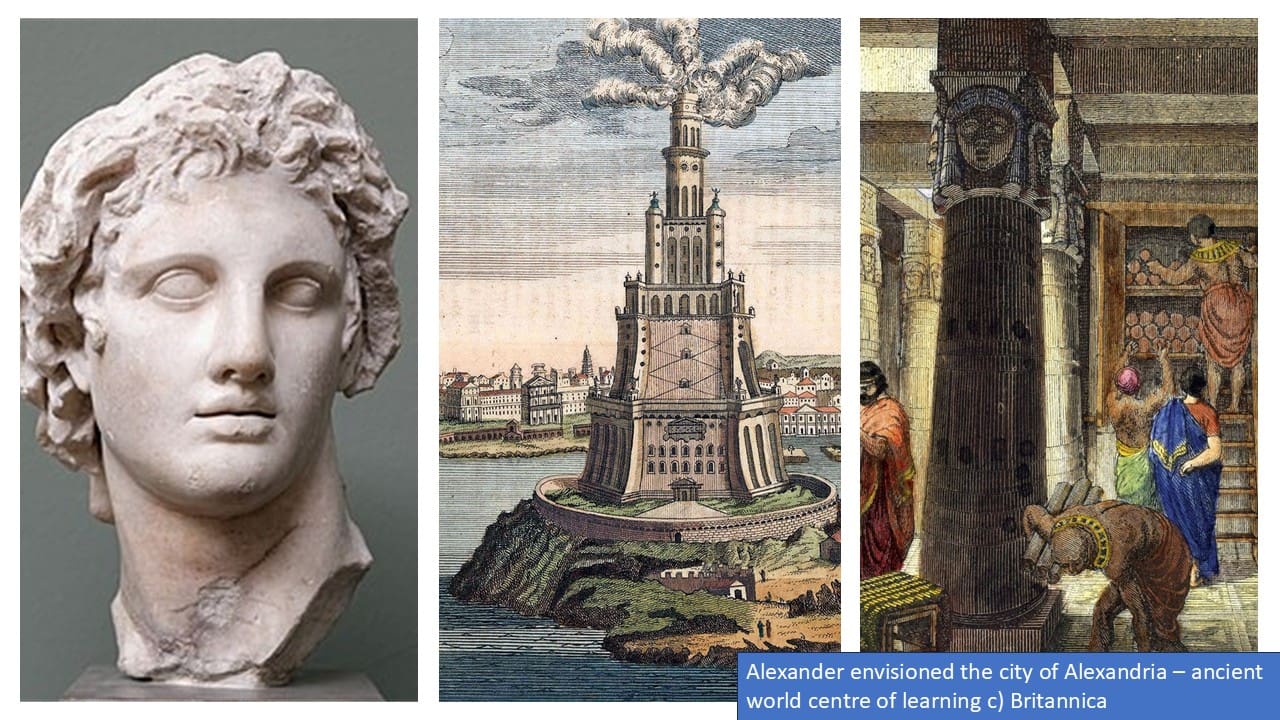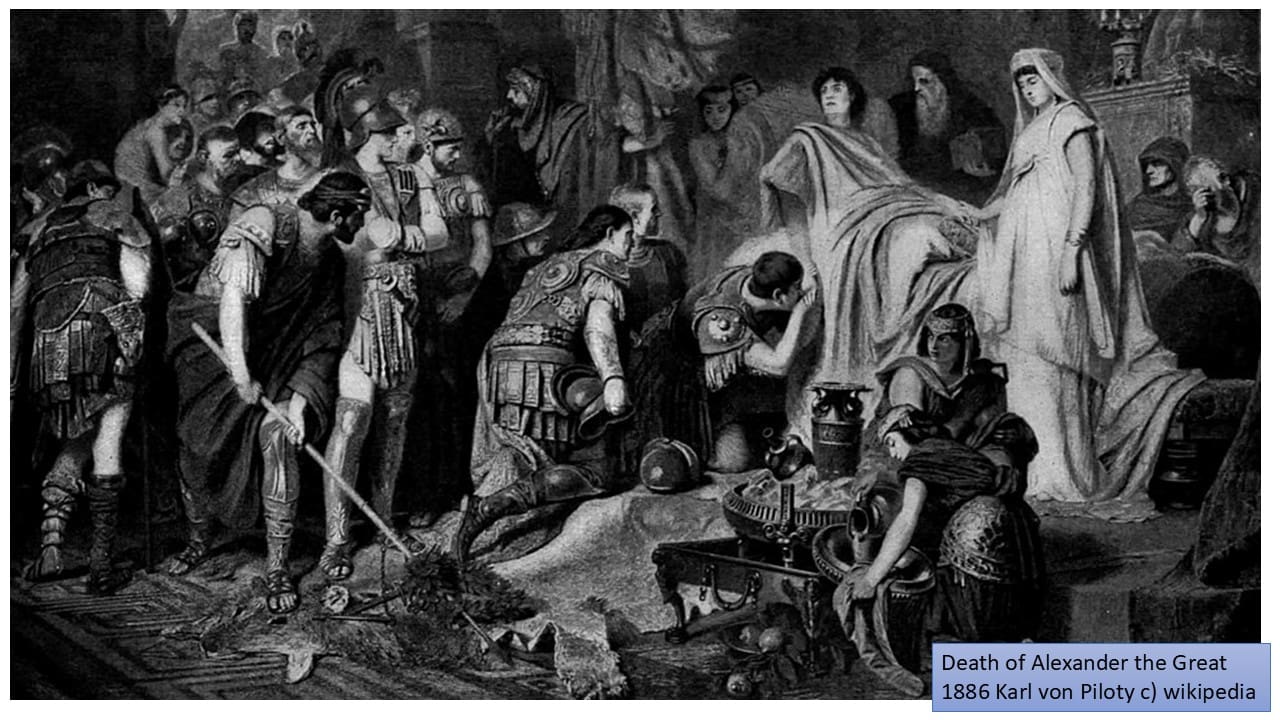They say that those who burn bright and live powerful but short lives are like blue giants — luminous, burning-hot stars that ignite the sky yet collapse under their own weight far sooner than lesser stars. Many of us have known extraordinary individuals like this: radiant with energy, power, charisma — and then suddenly gone.
I remember an early boyfriend, Michael Chorney, who died in his twenties. Brilliant, full of promise, and taken far too soon. Forgive me for speaking the name – the Egyptians feel to speak the name is to give life.
In 2025, another such bright flame was extinguished: Charlie Kirk, the young conservative Christian activist who built a vast campus movement through open dialogue and bold engagement, was assassinated at just 31 years old. Whether or not one agreed with his politics, his achievements were remarkable, the grief immense, and his dynamic life a reminder of the power of youthful vision.
The ancient world, too, had its glowing, short-lived prodigies. Perhaps the greatest example is Alexander the Great, who died in Babylon at the age of 32, after conquering much of the known world. As I prepare a lecture on his great city of Alexandria, I have occasion to reflect on his astounding short life and massive accomplishments.
Alexander’s Vision: More Than a Conqueror
Alexander was not only one of history’s most brilliant and daring military strategists, he was also a bold idealist. Far more than a warrior, Alexander was a nation-builder, lawgiver, architect, philosopher, and visionary who introduced a radical new idea: that the world might be united under a single law, a single kingdom, and ultimately a lasting peace.
He spread the Greek language and Hellenistic culture all the way to the borders of India. This fusion of Greek and Eastern traditions created conditions that would, centuries later, allow Christianity to spread across a shared cultural and linguistic foundation. And he founded cities — above all, Alexandria in Egypt — that would become enduring centers of civilization.
Where Kirk dreamed of reshaping university culture around faith and dialogue, Alexander dreamed of reshaping the known world at the time which stretched from Rome to India.
The Role of Mentors and Inspirations
Both men were deeply shaped by mentors and texts. For Alexander, the guiding hand was Aristotle, the greatest philosopher of the Greek world. From him, Alexander learned science, rhetoric, politics, and the dream of living a heroic life. But it was Homer’s Iliad that provided the poetic fire. Alexander modeled himself on Achilles, carrying an annotated copy of Homer’s verses with him everywhere, even sleeping with it beneath his pillow.
For Charlie Kirk, the lodestars were different but no less formative. His mentor Bill Montgomery, a retired businessman convinced him to pursue activism full-time at age 18. And while Alexander devoured Homer, Kirk immersed himself in the Bible and America’s founding documents.
Alexandria: A City of Destiny
One of Alexander’s most enduring legacies was the founding of Alexandria in Egypt in 331 BCE. Ancient writers tell us that in a dream, Homer himself appeared to Alexander, reciting a verse about an “island in the midst of the sea, in front of Egypt’s shores” (Iliad, Book 4). Taking this as a divine sign, Alexander laid out the plans for a city that would become a beacon for centuries.
This young man boldly envisioned:
- A city of knowledge, later home to the Great Library and Museum, rivaling Athens as the world’s intellectual capital.
- A crossroads of culture, where Greek, Egyptian, and Eastern traditions mingled.
- A living memorial to his vision, more lasting than any battlefield triumph.
Sadly, though he laid the foundation, Alexander would never return to see the great city built. He was only in Egypt from late 332 to the spring of 331 – less than a year! And he was dead less than a decade later.
Respect for different cultures
When he arrived in Egypt Alexander was welcomed as a liberator. The Persians, who had conquered the country in 525 BCE under Cambyses II, had treated its religion with contempt. Ancient accounts tell of Cambyses mocking the sacred Apis bull, even stabbing it to death — an act of desecration Egyptians never forgot.
By contrast, Alexander paid his respects to the Apis bull at Memphis and then undertook a 700-kilometer pilgrimage across the desert to the oracle of Amun at Siwa Oasis. That journey — roughly a month on foot — was as arduous as it was symbolic. At Siwa, Alexander was declared the son of Amun. Whether he truly believed it is uncertain, but politically he used the divine recognition brilliantly. His charisma, bolstered by shrewd public relations, carried him forward as he set out to conquer the rest of the known world. Though a fervent Christian, Kirk too respected and acknowledged those of other cultures and religions. This was certainly a unique trait of both men.
Charlie Kirk was no Alexander the Great. He did not found cities or forge an empire stretching from Greece to India. But like Alexander, he was a young idealist who lived boldly, pursued his vision with relentless energy, and sparked a movement far larger than himself.
By the time of his death, his Turning Point USA had grown to thousands of chapters across North America, with affiliates abroad and annual fundraising in the tens of millions. His debates and tours became touchstones for a generation of students seeking identity and purpose. In the wake of his assassination, the continued surge of support revealed how far his influence had spread — and how much his voice had mattered.
Death and Legacy
Both Kirk and Alexander died at the height of their power, their lives abruptly cut short.
Alexander’s death in 323 BCE remains debated. Was he assassinated by powerful enemies who did not share his one world view? Some say yes – and it was by poison. Other say malaria, typhoid, or complications from drinking and many war wounds. His body, strikingly preserved even days after death, only deepened the mystery. Even his burial became legend, his coffin seized en route to Macedonia and returned to Egypt by his general Ptolemy. Over the centuries his tomb was moved multiple times and ultimately lost — one of antiquity’s great unsolved riddles.
Kirk’s death, by contrast, was no mystery: a brutal public assassination in Utah. Yet it, too, underscored the dangers faced by young visionaries who challenge and galvanize. Both men remind us that bold ideas often provoke fierce resistance, and that those who live at white heat rarely burn for long.
The Time We Have
Alexander is one of the great military heroes of history and who knows how Kirk’s impact (controversial to some) may go down in the history books. What these young men shared, however, was not the scale of their achievements — one remade the ancient world, the other ignited a modern movement — but the intensity with which they lived. They remind us that greatness is measured not only in years, but in the clarity of vision and boldness of action.
I am reminded of Gandalf’s words to Frodo in The Lord of the Rings who despairs the darkness of their times and the heavy burden of the ring:
“So do all who live to see such times. But that is not for them to decide.
All we have to decide is what to do with the time that is given us.”
Alexander had 32 years. Kirk had 31. Both burned brightly, like blue giants, and their legacies continue to resonate. The challenge for the rest of us is simple: what will we do with the time that is given to us?
###
Alexandria: Egypt’s Eternal City of Light and Learning – On Tuesday, October 14 at 7 pm EDT, join Egyptologist Laura Ranieri Roy for an illuminating online lecture on the city founded by Alexander the Great, home to the legendary Library, Lighthouse, Cleopatra, Hypatia, and more. Register here





